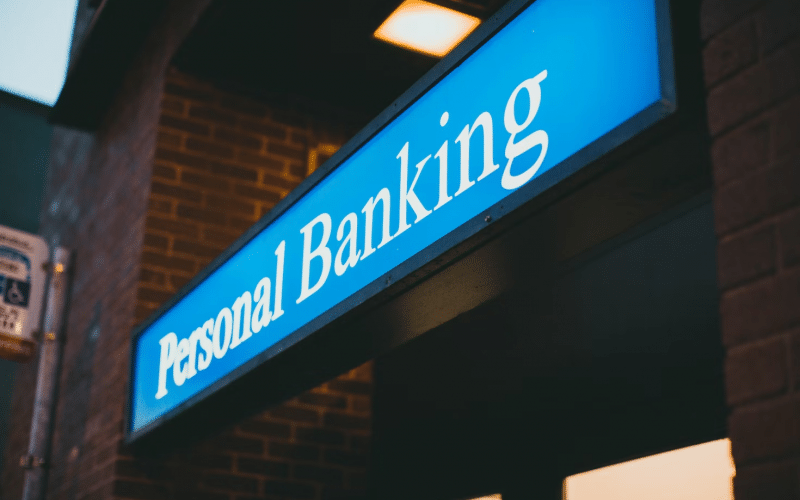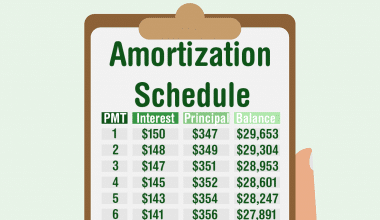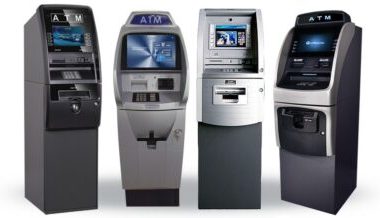In the fast-paced digital age, many aspects of our lives have migrated to the online realm, from shopping for groceries to conducting business meetings. One area that has seen a significant shift towards digital convenience is banking. Gone are the days of visiting brick-and-mortar bank branches for every financial transaction. Nowadays, you can handle most of your banking needs using your smartphone or computer.
The checking account is one critical financial service adapted to this digital transformation. Checking accounts are the economic cornerstone of everyday life, used for receiving paychecks, making payments, and managing daily expenses.
But can you apply for a checking account online? The short answer is yes, and in this article, we will explore the intricacies of online business checking account applications, including the benefits, considerations, and steps involved.
The Rise of Online Banking
Before delving into applying for a checking account online, it’s essential to understand the broader context of online banking and its evolution. Traditional banking, where customers visit physical branches for their financial needs, has been gradually supplemented and, in many cases, replaced by online banking.
The advantages of online banking are manifold. It allows customers to manage their finances anywhere and anytime. They only need an internet connection. Online banking platforms provide various services, including checking account balances, transferring funds, paying bills, and applying for different banking products, like checking and savings accounts.
The Convenience of Online Checking Account Applications
Applying for a checking account online has become increasingly popular due to its convenience. Here are some compelling reasons why individuals opt for this method:
- Accessibility: Online applications are accessible 24/7, allowing you to apply for an account at a time that suits you, even outside regular banking hours.
- Efficiency: No need to visit a physical bank branch, wait in lines, or spend time commuting. Online applications save you valuable time for your business or yourself.
- Streamlined process: Many online applications feature user-friendly interfaces that guide you through the process, making it easy for individuals of all tech-savviness levels.
- Paperless: Online applications often involve minimal to no paper documentation, contributing to a more eco-friendly approach to banking.
- Immediate response: You often receive an instant answer regarding your account application, reducing the waiting period.
Personal vs. Business Checking Accounts: What’s the Main Difference?
Both personal and business checking accounts offer standard features like check-writing and debit cards. However, business accounts often provide additional perks like financial advice, bookkeeping integration, payroll services, payment processing, and employee debit cards. Businesses can also open other accounts, like savings accounts.
Business checking accounts differ in fees, minimum balances, minimum deposits, and other account opening requirements. Typically, business accounts require proof of ownership, such as business licenses or articles of incorporation.
While some personal accounts can open with $1, business accounts may need $500 or more. These corporate accounts impose higher minimum balance requirements and potentially higher fees than personal accounts.
Who Needs To Open a Business Checking Account
You need to open a business checking account if you are interested in the following advantages and benefits.
Simplified accounting
It eases the tracking of financial transactions, including customer payments and expenses. Integration tools from your bank can further simplify accounting.
Easier tax reporting
Separating business and personal expenses simplifies tax deductions and provides a clear record for potential audits.
Business legitimacy
It distinguishes business income from hobby income, ensuring the IRS recognizes your business as legitimate.
Asset protection
Maintaining separate personal and business accounts can protect your assets if your company faces legal issues or debt defaults.
Facilitating growth
A business account can enhance your ability to secure loans or credit, aiding future business expansion or product line growth.
Consider these benefits when deciding whether to open a business checking account.
Key Considerations for Choosing a Checking Account
Before opening a checking account, understanding the pros and cons of various options is crucial for making the right choice. Here are essential factors to keep in mind:
- Account perks: Premium checking accounts offer valuable benefits such as waived ATM fees, free money orders, checks, and safety deposit boxes. Rewards checking accounts may earn points or cash back on debit card purchases.
- Service and ATM fees: Be aware of potential monthly service or maintenance fees and explore options to waive them based on specific requirements. Additionally, consider other expenses like out-of-network ATM fees and overdraft charges.
- Fund access: Checking accounts provide easy access to your funds via debit cards and checks. However, some accounts have minimum balance requirements to avoid monthly fees, so assess your need for immediate fund access.
- In-person vs. online: Traditional bank checking accounts offer access to physical branches for in-person assistance and transactions, while online or checkless accounts are entirely web-based. Decide whether having access to in-person services is essential to you.
- Account type: Evaluate which type of checking account aligns with your needs, whether it’s a student checking, college checking, or a standard checking account. Each serves a specific role in managing your finances effectively.
Manage Your Checking Account
Opening a checking account is a fundamental step in managing your business and its finances. Ensuring you have the necessary documents and information ready is essential during the application stage.
The specific requirements may vary from one financial institution to another, so it’s prudent to contact your chosen bank or credit union to confirm their exact criteria. By meeting these prerequisites, you can smoothly embark on your journey to financial stability and convenience through a well-managed business checking account.






